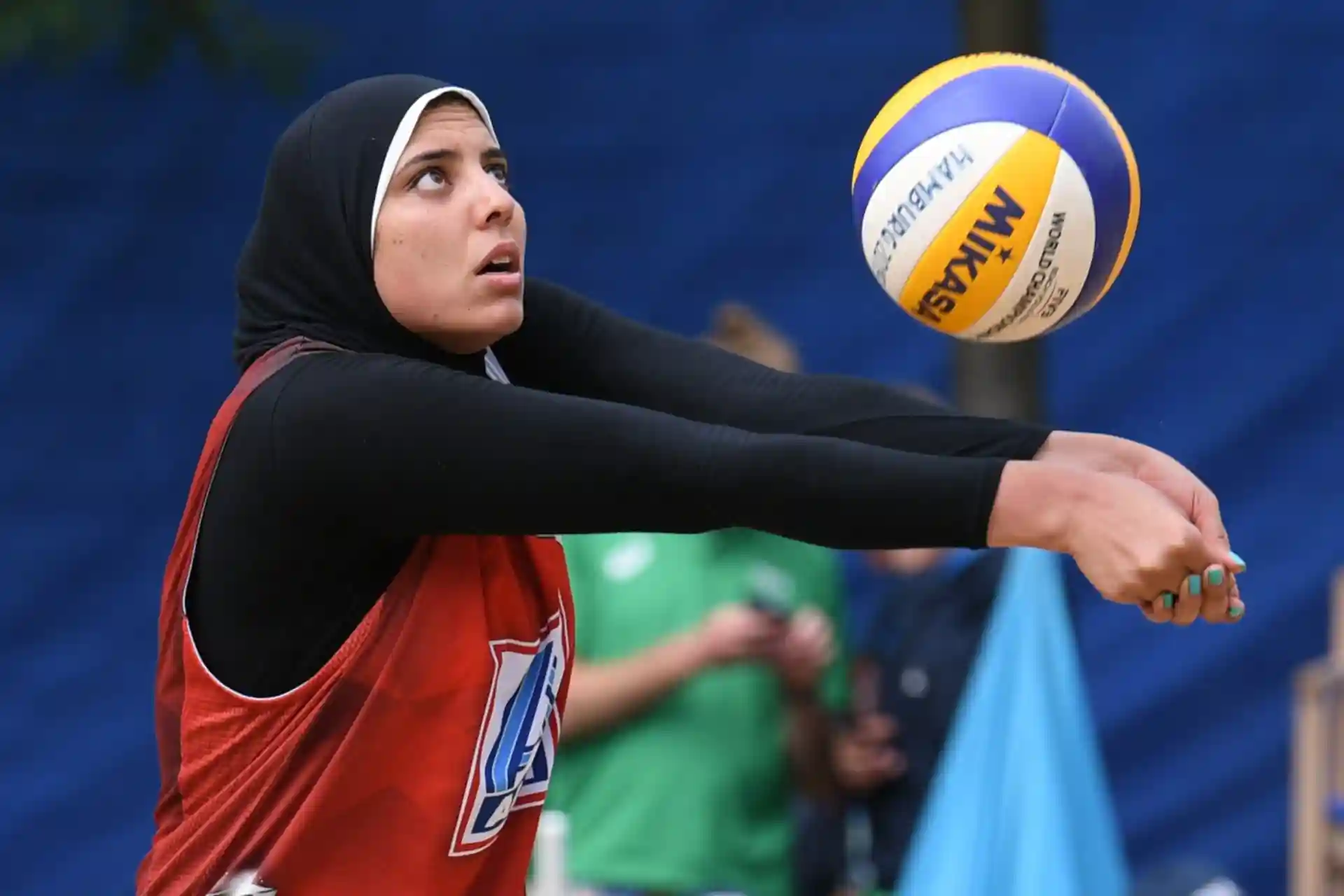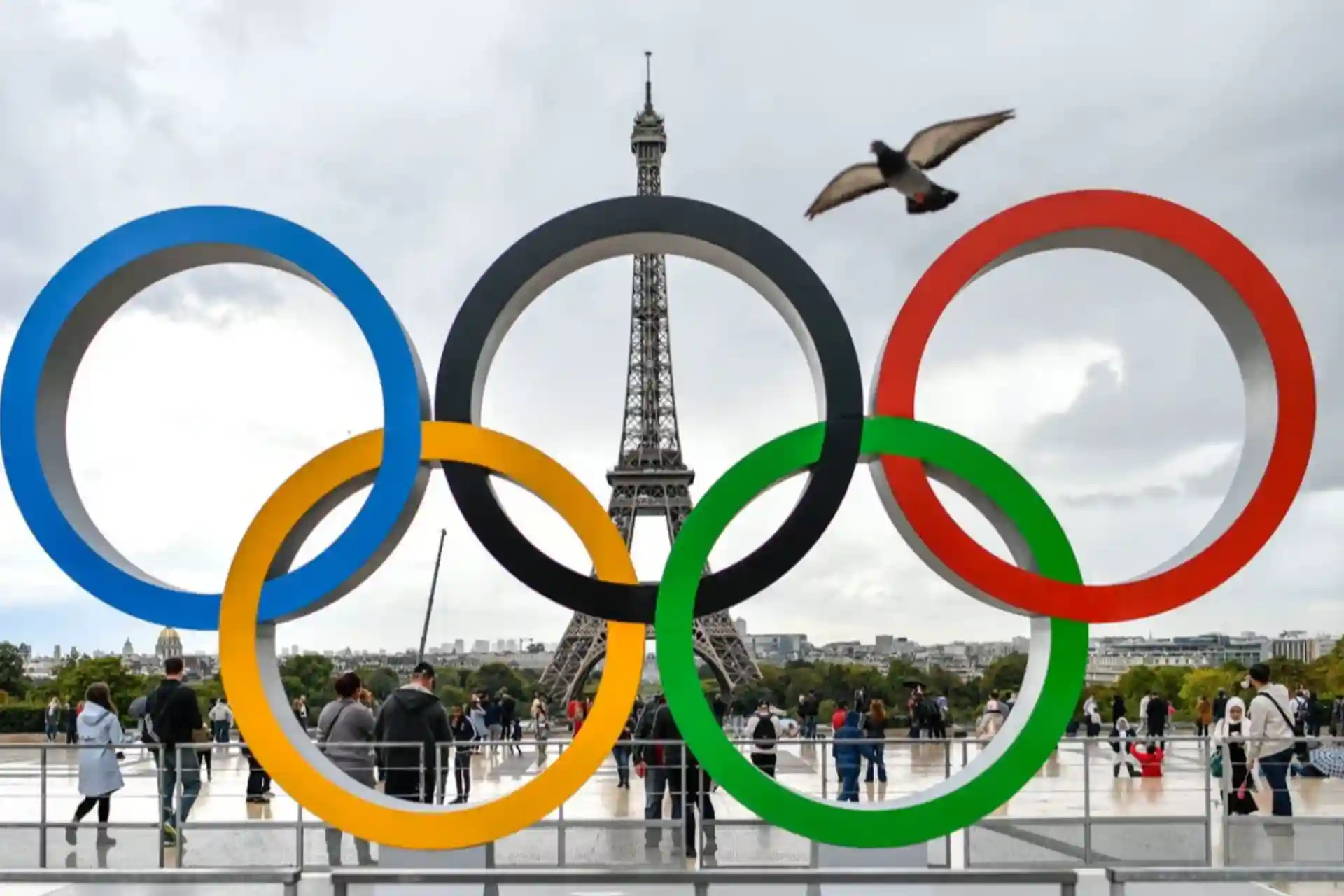France plans to legally restrict Muslim women from wearing the hijab at sporting events
A bill that would restrict religious symbols, including the hijab, worn by Muslim women at sporting events has been debated in the French parliament. The decision has sparked a major public debate and has been sharply criticized by human rights activists and representatives of the Muslim community.
Will the hijab ban prevent Muslim women from participating in sports?
Rani Belhi, founder of the Khlass Les Cliches civic initiative and an activist for Muslim women's rights, strongly condemned the law, describing it as a step aimed at excluding Muslim women from society.
"We are against any kind of discrimination. However, Muslim women are one of the groups most exposed to Islamophobia in France. Since the law banning the hijab and religious symbols in schools in 2004, restrictions have been increasing. Now, the hijab is also banned in sports, which is a major obstacle for Muslim women who want to participate in sports," says Belhi.
He points out that Christian athletes wear religious symbols or have religious tattoos on their bodies, but this has never been banned. "Why is it that Muslim women's hijab is seen as a problem?" the rights activist asks.
Is France the only country that restricts religious freedom?
France was the first country to ban the hijab and other religious symbols in schools in 2004. In 2010, the wearing of the burqa and niqab in public places was completely banned, with fines of up to 1,500 euros imposed on violators.
In recent years, restrictions on the hijab have widened, even affecting mothers' ability to accompany their children on school excursions. In 2012, under President Nicolas Sarkozy, mothers were banned from attending excursions wearing the hijab. However, in 2013, the French Council of State lifted the ban.
A new bill, now passed by the Senate, would impose a complete ban on the hijab in sports. However, it still needs to be approved by the lower house of the national parliament, the National Assembly, before it can come into force.
Social consequences of bans
Rights activists say that sport is an important means for Muslim women to maintain physical and mental health, integrate into society, and express themselves. Banning the hijab would eliminate these opportunities.
"France is facing international criticism as the only country to ban the hijab for Muslim athletes. Even at the Olympic Games, Muslim athletes are allowed to participate wearing the hijab, but France refuses to do so. This leads to violations of human rights and religious freedom," says Belhi.
Activists say France's decision is undemocratic and part of a policy of excluding Muslim women from society. If passed, Muslim women wearing the hijab will not be able to participate in even amateur sports competitions.



